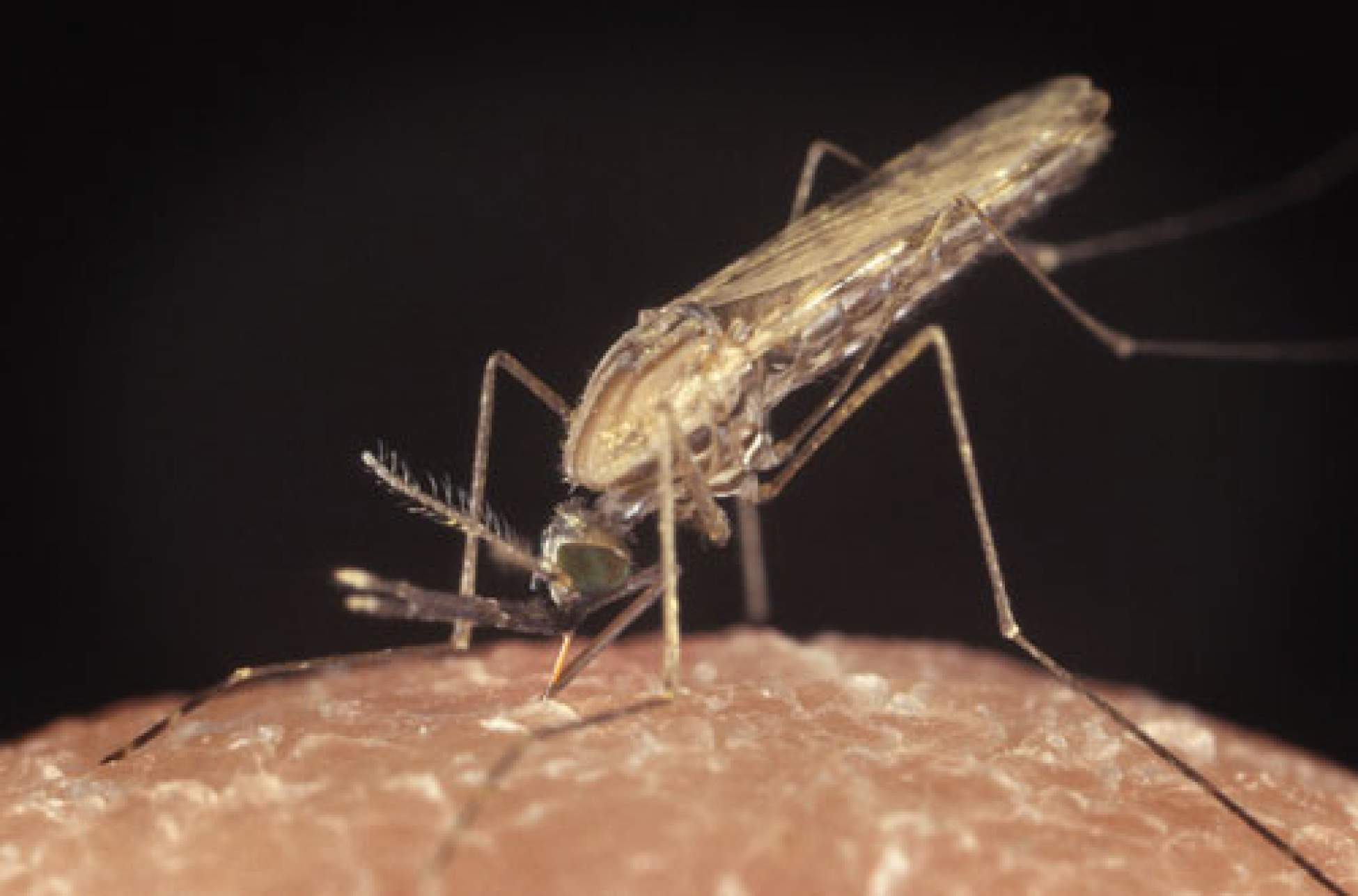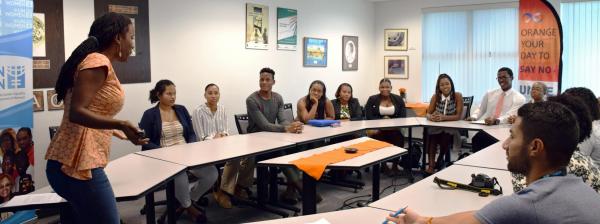This illness, known then as Roman fever, was clearly caused by the bad air (mal-aria) in these areas.
Of course, we know now that this "something in the air" is none other that the Anopheles mosquito carrying parasitic protozoa that cause malaria.
If you are planning a trip to a country where there is a risk of contracting malaria it is extremely important that your trip preparation includes a visit to a doctor or clinic specializing in travel medicine so that you can start taking the appropriate anti-malarial medication BEFORE you leave.
Why is this important? There are different types of malaria in different parts of the world and some types have become resistant to certain anti-malarial drugs. Which medication you are prescribed will depend on where you are going, how long you will be there and your reaction to the medication (there can be side-effects, adverse reactions and interactions with other medications).
Don't let the bugs bite!
In addition to taking the appropriate medications, take precautions to avoid being bitten by mosquitoes in malaria-risk regions.
- Use an insect repellent containing 15 - 30% DEET. (Put it on your clothes too - it lasts longer).
- Use mosquito netting when sleeping. Netting treated with insecticide is the most effective. Be sure that there are no holes in the net (and that you don't put any in it), and that it is well tucked under your mattress before you go to sleep. A mosquito coil (if you can tolerate the smoke) can be burnt to kill any of the varmints that have found their way into your nest.
- Wear protective clothing at times of the day when mosquitoes are active (often in the evening). Be sure that your clothing is thick enough or has a tight enough weave that a mosquito can't poke its proboscis right through the fabric.
Medications for Malaria
- Chloroquine: Of limited value in many parts of the world because of resistant strains. Treatment should be started one week before travelling to a malaria endemic area and continued for four weeks after leaving the malarious region.
- Doxycycline: Used in high-risk areas such as South East Asia. It is worthwhile starting treatment 7 days before travelling and continuing for 4 weeks after leaving the area. It is recommended that Doxycycline is not taken for longer than three months without a medical review.
- Mefloquine (Lariam) is still widely used. It has a long half-life and the convenience of a once weekly dose starting one week before arrival in a malarious area.
- Malarone: Recent studies have found this a safe and effective anti-malarial with few side effects. Unfortunately it is expensive (~US$42 for 12 tablets) and has to be taken daily.
- Maloprim: Resistance to this drug is now widespread and its use is no longer recommended
- Fansidar: Resistance to Fansidar is now widespread and serious side effects have been reported. It is no longer recommended.
Watch for the Signs of Malaria
Flu-like symptoms (fever, chills, head and muscle aches, unusual tiredness) can develop eight days to four weeks after being infected with malaria. If you feel like you're coming down with the flu while travelling in a malaria-risk area, (or up to one year later) have it checked out by a doctor immediately. This is doubly important if you are travelling in regions of Africa where the falciparum strain of malaria is prevalent. It works fast and is the most dangerous.
More Information about Malaria
Malaria Foundation
www.malaria.org
The Centre for Disease Control
www.cdc.gov/travel
World Health Organization
www.who.int/eng
The information in this article is intended only as a guideline and should in no way replace proper consultation with a physician.
Add this article to your reading list




